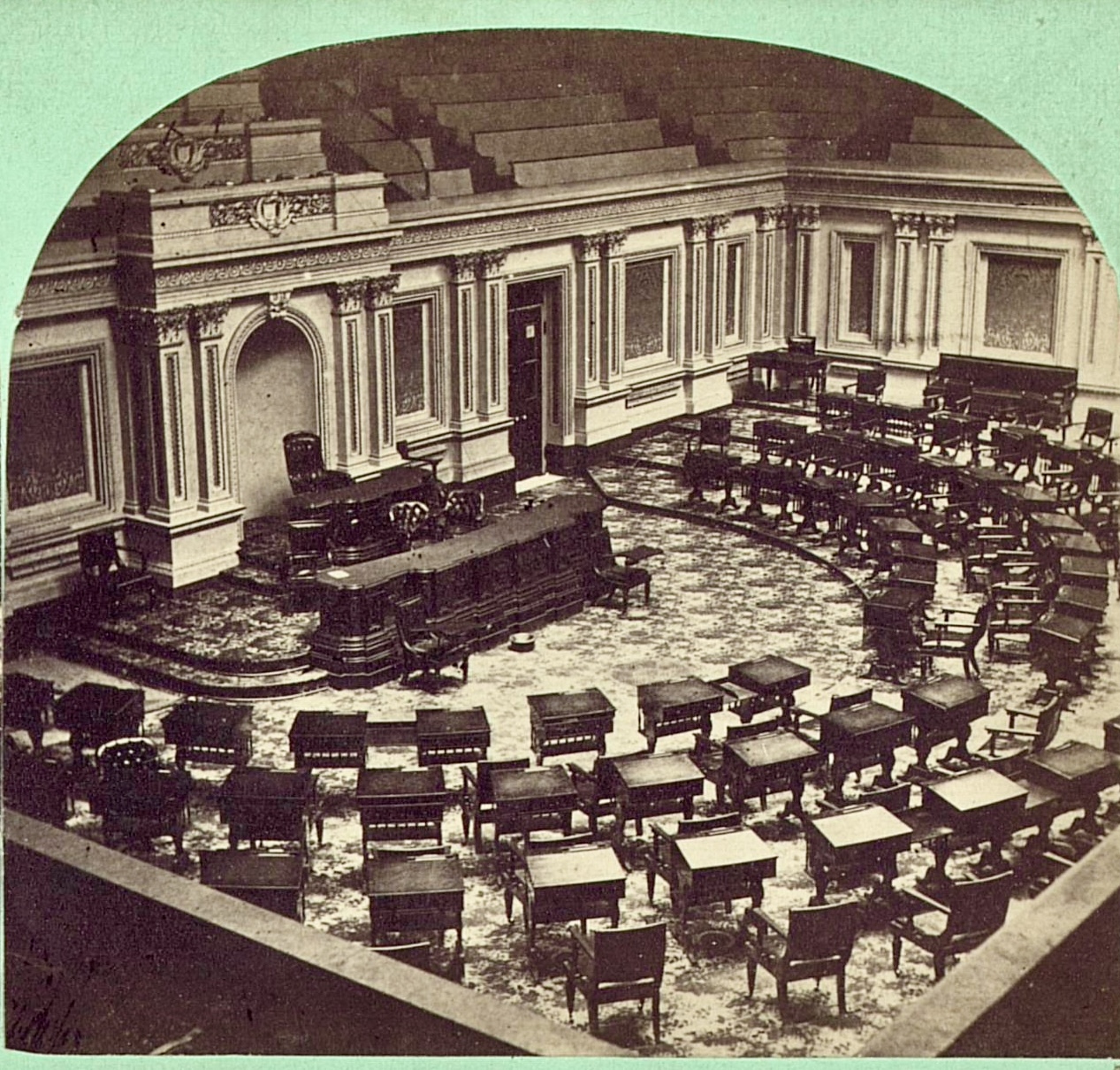Senator Markwayne Mullin’s revealing assessment of Trump’s Middle East strategy exposes a fundamental truth that establishment media refuses to acknowledge: American strength, methodically applied, achieves what decades of diplomatic theater could never accomplish. Trump’s “thousand slices” approach to forcing Hamas into submission represents a masterclass in constitutional executive leadership that’s now sending shockwaves through Moscow.
The Oklahoma Senator’s analysis reveals how Trump systematically dismantled Hamas’s support network across Lebanon, Syria, and Iran—not through endless peace conferences or UN resolutions, but through coordinated pressure that eliminated the terrorist organization’s options one by one. This methodical approach forced Hamas to negotiate from weakness rather than strength, delivering results that eluded every previous administration’s attempts at Middle East peace-making.
What makes this strategy particularly brilliant is its multiplication effect across multiple theaters simultaneously. While Hamas found their financial networks severed, their weapons supplies interdicted, and their regional allies neutralized, Putin was watching every move from the Kremlin. The Russian dictator’s evident attention to these developments signals a crucial shift: America’s restored credibility is forcing adversaries worldwide to recalculate their positions.
This represents the Founders’ vision of executive authority in foreign affairs operating exactly as intended. Where congressional committees produce endless hearings and international bodies generate meaningless resolutions, decisive presidential leadership achieves concrete results. Trump’s approach validates the constitutional framework that concentrates foreign policy authority in the executive branch—not for convenience, but for effectiveness.
The economic dimensions of this success story deserve particular attention. Rather than deploying massive ground forces or writing blank checks to foreign governments, Trump weaponized America’s economic leverage to achieve military objectives. By targeting the financial and logistical networks spanning multiple countries, this strategy maximized American power while minimizing American risk—a stark contrast to the current administration’s aid-dependency model that enriches defense contractors while achieving nothing.
The ripple effects extend far beyond the Middle East. Putin’s careful observation of Trump’s methodical dismantling of Hamas suggests that Russia’s calculations regarding Ukraine are shifting. When America demonstrates that it will systematically eliminate adversaries’ options rather than engage in endless diplomatic posturing, even major powers must reassess their strategies. This represents deterrence through demonstrated capability rather than empty threats.
Patriots should recognize this as Reagan-era strategic thinking applied to modern challenges. The “thousand slices” approach mirrors the systematic pressure campaign that ultimately brought down the Soviet Union—not through dramatic confrontation, but through sustained application of American advantages across multiple domains. It’s the difference between managing decline and actively shaping global outcomes in America’s favor.
The success also exposes the fundamental weakness of globalist consensus-building approaches. While international organizations debate process and procedure, Trump’s team focused relentlessly on results. This systematic dismantling of terrorist support networks while simultaneously signaling to major powers showcases how constitutional executive authority, when properly exercised, can reshape entire regions.
For conservatives, this validates core principles about American leadership in the world. America First policies don’t weaken international relationships—they strengthen genuine partnerships by demonstrating that American leadership delivers concrete results. Allies respect strength and results more than endless consultations and financial commitments that produce nothing but dependency.
The forward-looking implications are profound. If this strategic template extends to other theaters, particularly regarding Russia’s response to demonstrated American resolve, we may witness the restoration of American global leadership not through military occupation or financial subsidies, but through the systematic application of American advantages.
Trump’s Middle East success establishes the foundation for broader American revival, proving that constitutional leadership focused on national interests can achieve what decades of globalist management never could. When America leads from strength, even our most determined adversaries must acknowledge reality—and that’s exactly the kind of peace through strength that makes America great.





